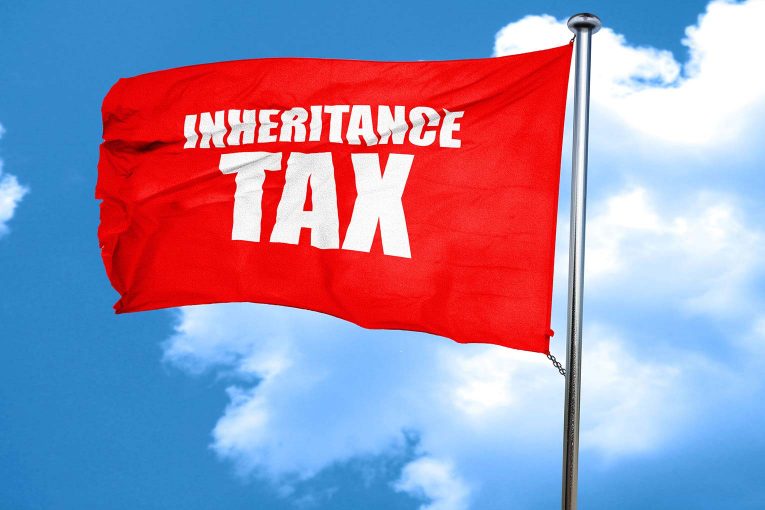Two in five UK consumers are unclear about what happens when they inherit assets, amid widespread confusion over probate, inheritance tax (IHT) and where to seek advice, according to new research.
A survey of 2,000 adults, conducted on behalf of The Estate Registry, found that 39% do not understand the inheritance process, rising to 57% among those under 35. The findings suggest a significant knowledge gap at a time when inheritance is becoming increasingly relevant to more households.
While the Government debates potential reforms to inheritance tax – an often politically charged subject – 42% of respondents said they believed they had nothing to inherit, and would therefore be unaffected by any changes. A third (33%) considered inheritance tax a “wealth tax” affecting only the rich, yet 28% admitted they were “very worried” about the prospect of having to pay it.
IHT RECEIPTS
Official data from His Majesty’s Revenue and Customs (HMRC), published in July 2024, shows that IHT was payable on just over 4% of UK deaths in the 2021–22 tax year – fewer than one in 20 estates.
However, the total number of estates facing an IHT bill rose to 27,800, up by 3% year on year, reflecting both rising property prices and growing estate values. IHT receipts totalled £5.99 billion.
For estates valued around £1 million, tax liabilities begin to rise steeply. An estate worth £1 million typically attracts an IHT bill of £155,000, but this more than doubles to £325,000 for an estate valued at £1.5 million.
CASH FLOW CHALLENGES
Almost a third (9,230) of estates subject to IHT fell into the £1 million to £1.5 million bracket, creating potential cash flow challenges for beneficiaries.
The research also canvassed views from 200 independent financial advisers and probate solicitors. Among them, 61% said the probate process takes too long, 25% found it difficult to navigate, and a fifth (21%) suggested it would be simpler with better public information. Eighteen per cent went further, describing the process as “unfair.”
There was strong consensus among professionals that offering an advance against an expected inheritance to pay HMRC directly would resolve critical cash flow issues. Currently, beneficiaries must often settle IHT bills before probate is granted – a common deadlock when estate funds are inaccessible. Access to such advances would also help beneficiaries avoid late payment penalties and interest charges, particularly on high-value but illiquid estates.
BETTER SIGNPOSTING

Phil Hickson, senior vice president for global partnerships at The Estate Registry, said there was an urgent need for better public understanding of the inheritance process.
“Much better signposting is needed to steer consumers to available help and to explain how the system works,” he said. “Solutions are needed to address the practical challenges of settling an inheritance tax bill – a burden which increasingly doesn’t only affect the wealthy.”



